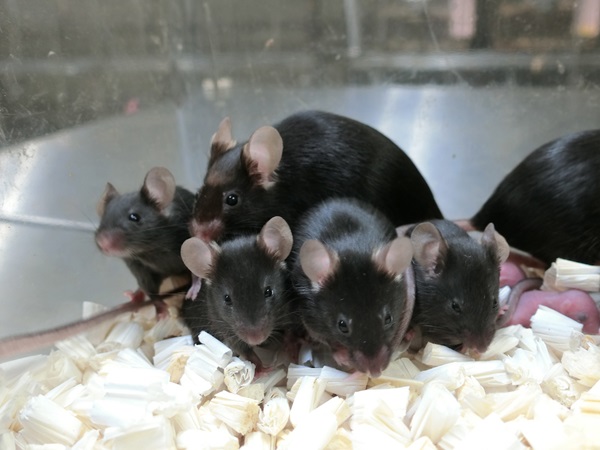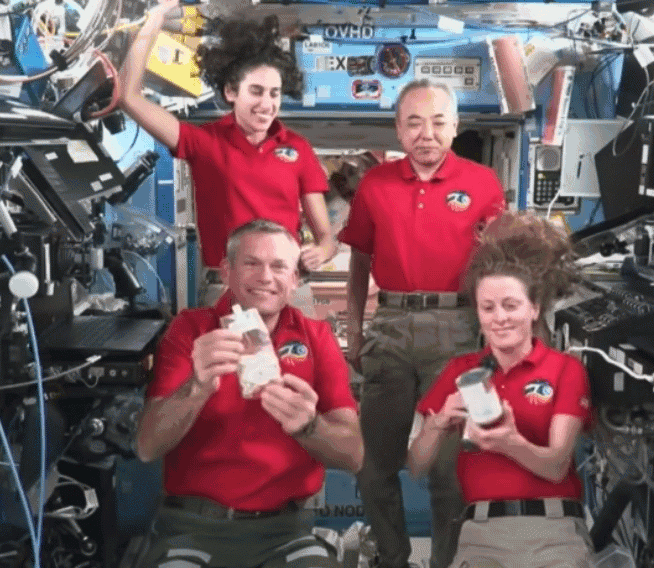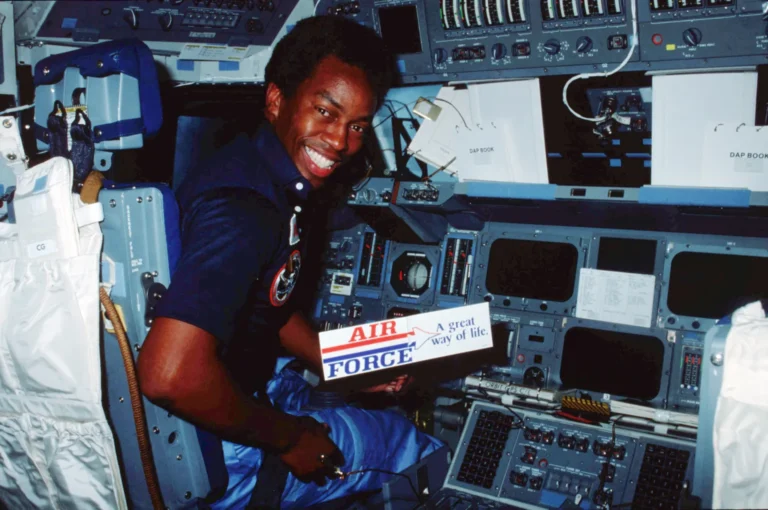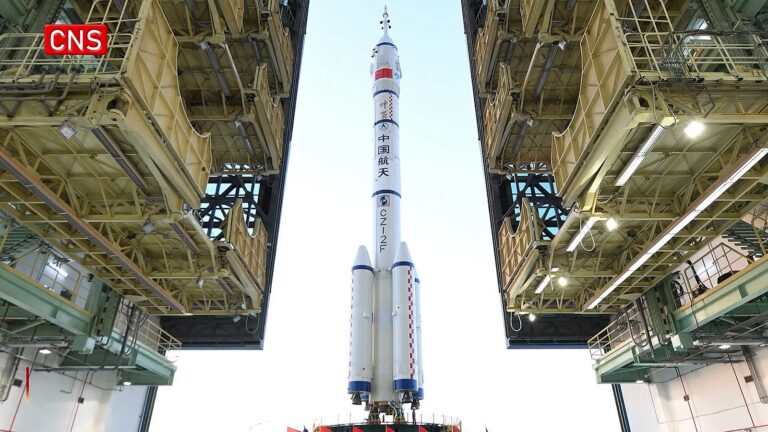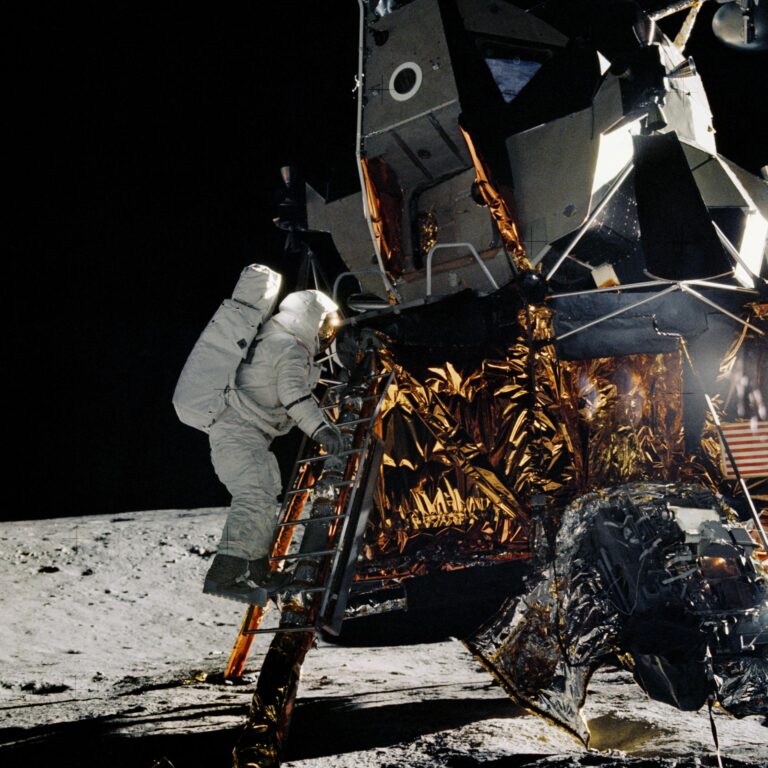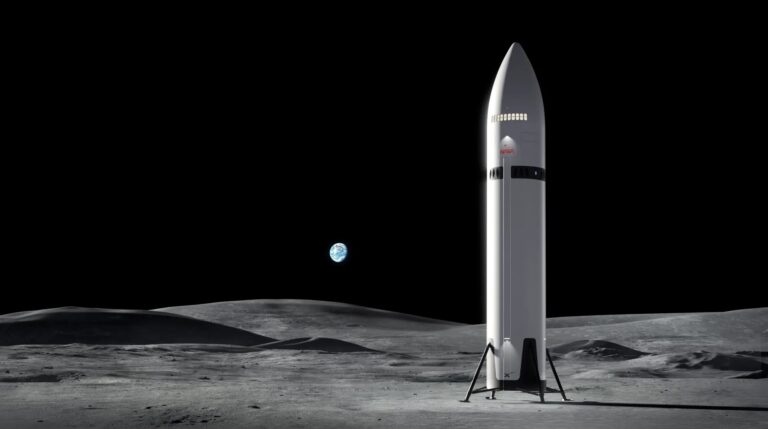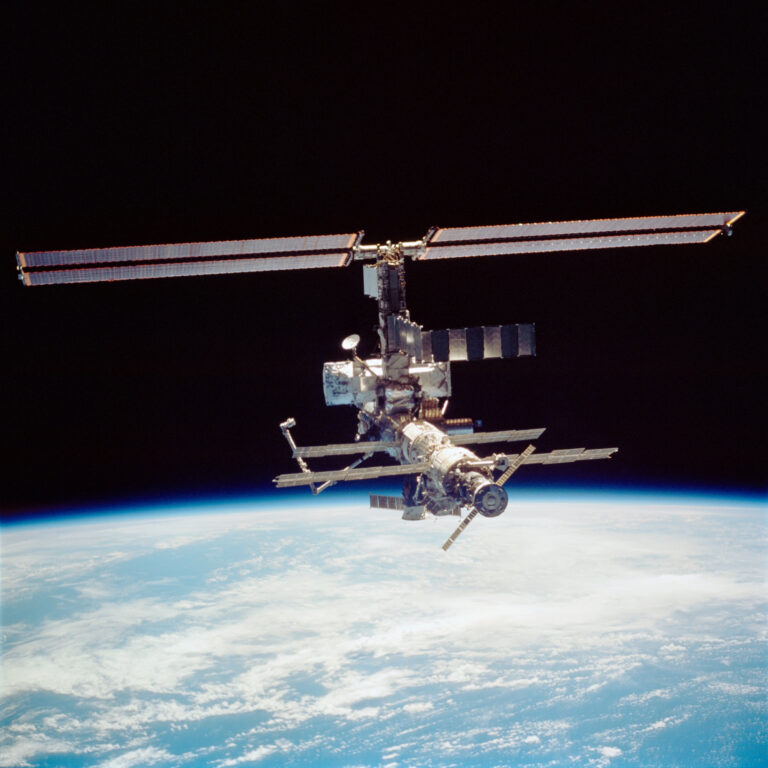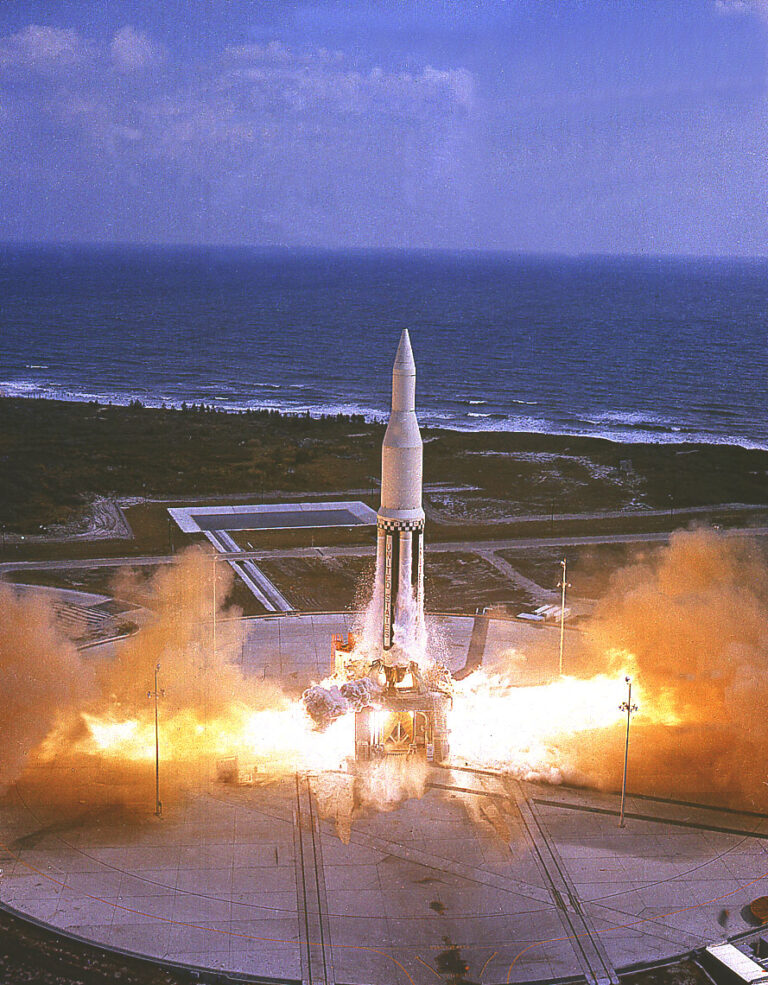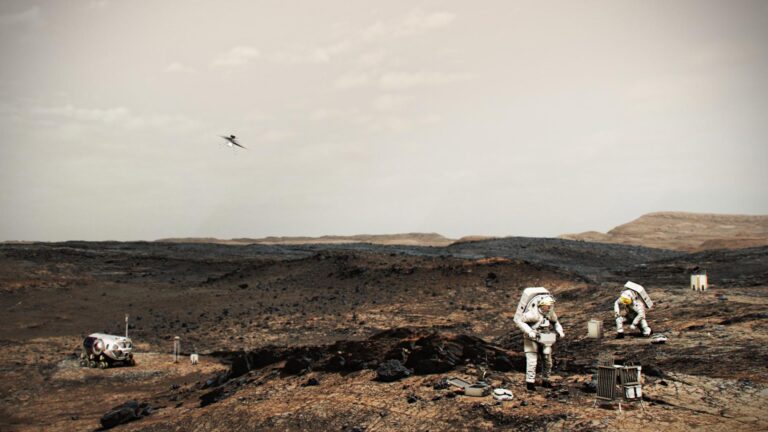Key Takeaways:
Studying fertility in space can be hard. As of right now, astronauts aren’t doing multi-year stints in a microgravity environment. But one day, our descendants will be traveling to other planets — and, eventually, perhaps even deeper into the cosmos. Building a long-term space colony will require researchers to have a better understanding of how microgravity impacts mammalian reproduction, as well as how mutations in DNA from increased radiation exposure could be passed down to offspring.
That’s where mouse sperm comes into play. For almost six years, researchers kept a batch of freeze-dried mouse sperm aboard the International Space Station (ISS) in order to study how radiation and microgravity affects this key component of reproduction.
In a study published on June 11 in Science Advances, a team of researchers looked at how three different batches of freeze-dried mouse sperm on the ISS held up over time. The first set was stored for just nine months to ensure the experiment was working, while the second and third batches remained in space for nearly three and six years, respectively. The researchers found that despite years stored in space, once revived, the mouse sperm could still carry out its primary task, resulting in the birth of a number of healthy, normal pups.
In an additional experiment, supplemental X-ray radiation was applied to a few samples of the frozen and control test sperm. Based on the results, the team predicts that sperm could potentially stay viable for over 200 years on the ISS.
However, there is a caveat to the study that should be noted: The ISS orbits Earth at approximately 250 miles (400 kilometers), well within our planet’s protective magnetic field. That means that the sperm experienced less space radiation than it would encounter during a trip to, say, Mars. However, when NASA and its partners finish building Lunar Gateway, the proposed lunar space station, the team hopes to continue their research on mammalian fertility in space.
While this is just a mouse trial, it’s a big step forward in studying the complex world of fertility in space.

